International
Mohamed VI of Morocco celebrates 25 years on the throne: reforms and challenges
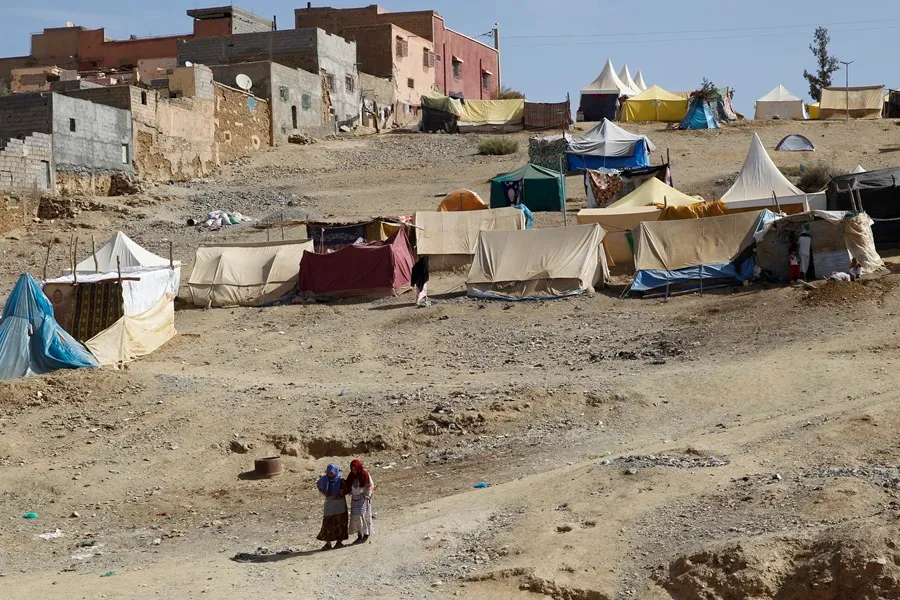
The reign of King Mohamed VI of Morocco, which celebrates 25 years this Tuesday, has been characterized by political reforms such as the promulgation of a new Constitution and economic reforms with the construction of large infrastructures, but also by development imbalances in the different regions of the country and criticism of the lack of freedom of the press.
The Allawi king came to the throne on July 23, 1999, after the death of Hassan II, with the intention of breaking with his father’s repressive and traditionalist era in terms of human rights, the modernization of the economy and the democratization of the political scene.
From the beginning, the young monarch, who is now 60 years old, paid special attention to women’s rights and in 2003 announced the need for reforms in the area of divorce and polygamy.
A year later, a new Family Code was approved, which granted more rights to women and is now subject to a new review.
In a spirit of breaking with his father’s repressive legacy and shedding light on those known as ‘years of lead’, Mohamed VI created in 2004 the Equity and Reconciliation Instance, which treated more than 17,000 cases of serious human rights violations and compensated the victims.
Seven years later, in 2011, the monarchy faced democratic demands of the ‘Arab Spring’ protests, after a historical abstention rate in the 2007 legislative elections that exceeded 60%. Mohamed VI announced a revision of the Constitution.
The new Magna Carta, which stipulates parity as a governing principle of public policies, consolidated the position of the Parliament and the Presidency of the Government, although it did not essentially modify the powers of the monarch, who continues to set the country’s guidelines.
During his reign, the country’s Gross Domestic Product (GDP) has multiplied by more than three to 129.6 billion euros in 2023, but without reaching the speed of other emerging countries in the region, such as Senegal, whose GDP is almost five times higher.
In the last 25 years, the Human Development Index (HDI), which reflects economic development and analyzes health, education and income, has shown a continuous improvement, but not at the same pace as other countries and Morocco has decreased in the international ranking from 112th place in 1999 to 120th in 2022.
Morocco has undertaken plans to modernize agriculture, until it becomes an export reference to Europe, has consolidated a textile and automotive industry and foresees an energy transformation.
Infrastructures such as the Tanger Med megaport, the largest in the Mediterranean and Africa, have also been inaugurated, the highway network has been expanded from 400 to 1,400 kilometers and the first high-speed train has been established.
Despite state efforts, Morocco continues to suffer an imbalance between the most developed industrial Atlantic axis, which connects the northern city of Tangier with the southern city of Agadir, and the most impoverished regions of the east and southeast of the country.
The earthquake of 2023 that shook the mountains of southern Marrakech and left almost 3,000 dead revealed a Morocco where there are still isolated villages that live in precariousness.
One of the critical moments of the era of Mohamed VI was the outst of social protests in the northern region of the Rif, which began in October 2016 in the city of Al-Ocemas and lasted until mid-2017.
During the protests, half a thousand people were arrested. Almost all of them have been serving their sentences or have benefited from royal pardons, except for six, including the leader of the revolt Naser Zafzafi, who is serving a 20-year sentence.
Morocco receives criticism in terms of press freedom. Organizations such as Amnesty International, Human Rights Watch and Reporters Without Borders, as well as the European Parliament, denounce the imprisonment of journalists.
Some convictions that, according to the Moroccan Government, are for crimes of common crime, such as rape, unrelated to his profession as journalists.
International
Maduro signs Economic Emergency Decree to counter U.S. sanctions on Venezuela
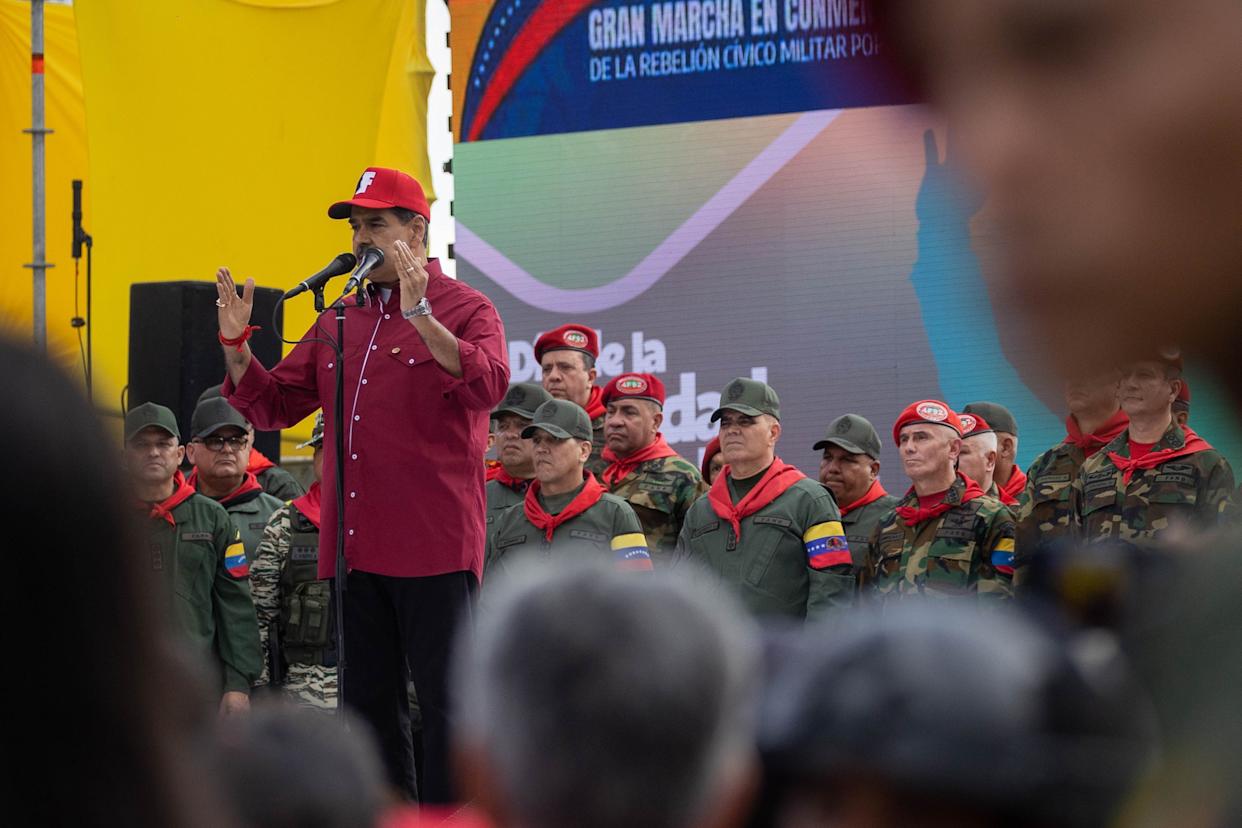
The National Assembly of Venezuela approved on Thursday an economic emergency decree presented this week by the government of President Nicolás Maduro, in response to sanctions and tariffs imposed by the United States.
In March, the government of Donald Trump began suspending licenses for foreign oil companies operating with the state-owned Venezuelan oil company PDVSA and imposed secondary tariffs on crude oil and gas exports. Maduro signed the decree on Tuesday, invoking constitutional articles that allow him to declare states of exception, temporarily restrict constitutional guarantees, or declare a state of emergency in the event of disasters, public calamities, or events that seriously threaten the country’s security.
The emergency decree “is to support national production,” said Delcy Rodríguez, Vice President and Minister of Hydrocarbons, during the document’s presentation.
“The affected oil markets, the fall in oil prices, have already surpassed 30% in our measurement, and this, as we say, is just the beginning,” Rodríguez stated, clarifying that Venezuela’s oil and gas production continues.
Rodríguez also mentioned that foreign oil companies are welcome to operate in Venezuela in accordance with local laws.
The United States has set a deadline of May 27 for oil companies operating in Venezuela, including Chevron (U.S.), Eni (Italy), and Repsol (Spain), to wind down their operations and exports.
The decree grants Maduro the authority to implement measures he deems necessary to ensure economic growth, contain inflation, offer special treatment to investors, suspend taxes, or apply exceptions to tax laws, and establish import substitution mechanisms, among other measures.
Maduro and his government have consistently rejected sanctions imposed by the United States and other countries, arguing that they are illegitimate measures constituting an “economic war” designed to cripple Venezuela.
The president and his allies have celebrated what they describe as the country’s resilience despite these measures, although they have historically attributed some economic difficulties and shortages to the sanctions.
This is not the first time Maduro has governed under an emergency decree. In 2016, he signed a similar decree, which was extended until 2021 under the argument of sanctions imposed on Venezuela by Washington.
With the Assembly’s approval, the decree must now be sent to the Constitutional Chamber of the Supreme Court of Justice.
Central America
U.S. Government says deported migrants should remain in El Salvador for life
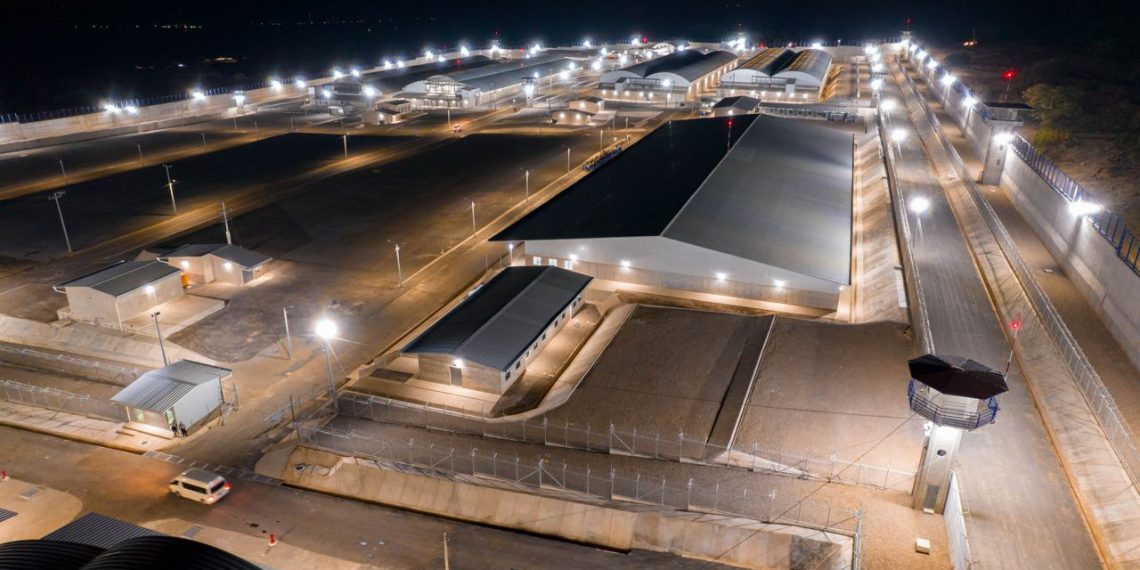
The United States government believes that the 238 migrants recently deported to El Salvador should remain in the country “for the rest of their lives.”
This was stated by Kristi Noem, the Secretary of Homeland Security, during a press conference. The following day, in a televised cabinet meeting, she reiterated the government’s commitment to continue its campaign to deport over 11 million people living in the U.S. without legal immigration status.
“We are confident that the people (sent to El Salvador) should be there, and they should stay there for the rest of their lives,” Noem told a group of reporters on Wednesday.
Despite the Trump administration’s defense of its decision to transfer the migrants to the Terrorism Confinement Center (Cecot), both testimonies from their families and reports from U.S. media outlets have shown that most of those currently detained there have no criminal backgrounds.
International
Italian biologist found dead in Colombia; investigation underway
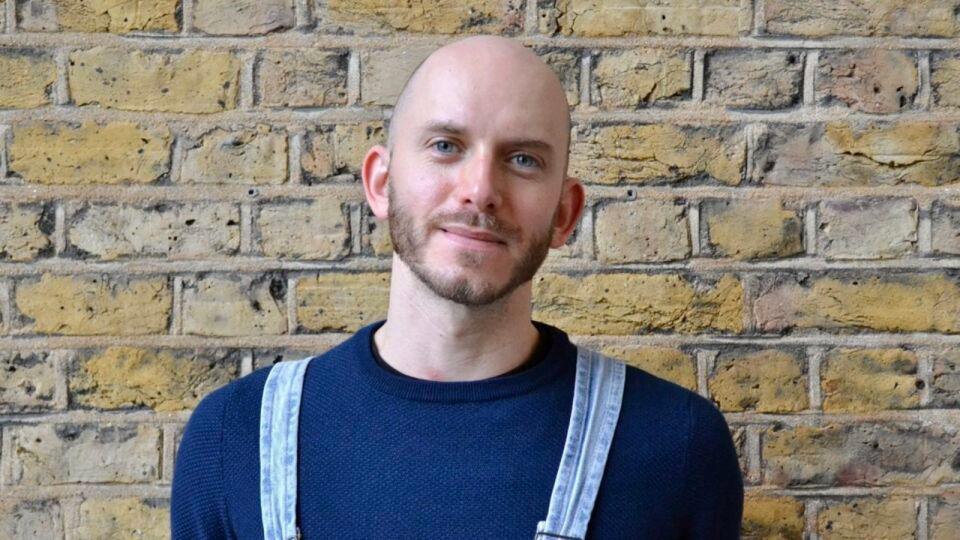
An Italian scientist has been found dead in Colombia, local authorities confirmed, after body parts were discovered along a trail in the coastal city of Santa Marta on Sunday.
Municipal police said that a bracelet found among the remains belonged to Alessandro Coatti, a biologist who had recently embarked on a journey across South America. Additional human remains were later discovered in two other locations within the city.
According to the police, Coatti had been staying in a local accommodation and was reportedly visiting the scenic Tayrona coastal area on April 5. His whereabouts since that date remain unknown, prompting an urgent investigation.
“There are currently no further details available; the case remains under investigation,” Colombia’s Attorney General’s Office said on Thursday. “It is still unclear what happened or where.”
-

 Internacionales5 days ago
Internacionales5 days agoErik Prince Backs Ecuador’s Daniel Noboa in Fight Against Crime and “Narcoterrorism”
-

 Central America5 days ago
Central America5 days agoGuatemala’s Legal Chief Shot Dead in Parking Lot: Investigation Underway
-

 International3 days ago
International3 days agoRussia and US to Meet in Istanbul for Diplomatic Talks on April 10
-

 Central America3 days ago
Central America3 days agoHonduras Hosts CELAC Summit Amid Regional Concern Over U.S. Deportations
-

 Central America3 days ago
Central America3 days agoAudit Exposes Major Breaches in Panama Canal Port Concession, $300 Million Owed to State
-

 International3 days ago
International3 days agoTeachers in Southern Mexico Bring Education to Stranded Migrant Children
-

 Central America3 days ago
Central America3 days agoMulino and Orsi Highlight Shared Vision After Panama Joins Mercosur as Associate State
-

 Central America3 days ago
Central America3 days agoTrump Administration Asks Supreme Court to Block Return of Deported Salvadoran
-

 Sports3 days ago
Sports3 days agoNeymar Returns to Santos Training After Month-Long Injury Layoff
-

 International1 day ago
International1 day agoMerengue concert turns to mourning as Jet Set collapse claims 136 lives
-
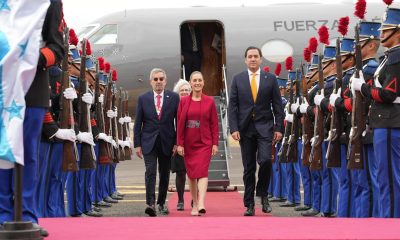
 Central America1 day ago
Central America1 day agoMexico’s president proposes regional economic summit at CELAC
-
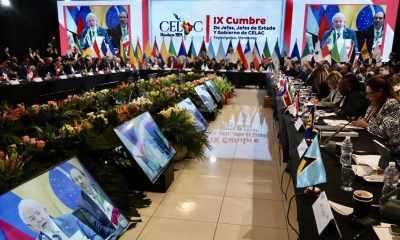
 Central America1 day ago
Central America1 day agoColombia to host fourth EU-CELAC Summit in November
-

 Central America7 hours ago
Central America7 hours agoNicaragua seeks ICJ intervention in Gaza conflict amid escalating violations
-
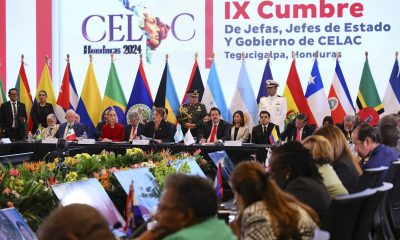
 Central America1 day ago
Central America1 day agoCELAC condemns unilateral sanctions in ‘Tegucigalpa Declaration’
-

 International3 days ago
International3 days agoMaduro Announces Economic Emergency Decree Amid Growing Tensions with the U.S.
-

 International3 days ago
International3 days agoTransgender Student Arrested at Florida Capitol for Using Women’s Restroom Under New State Law
-

 International3 days ago
International3 days agoScience Brings Back the Extinct Direwolf with Successful De-Extinction Project
-

 International7 hours ago
International7 hours agoItalian biologist found dead in Colombia; investigation underway
-

 Central America7 hours ago
Central America7 hours agoU.S. Government says deported migrants should remain in El Salvador for life
-

 International7 hours ago
International7 hours agoMaduro signs Economic Emergency Decree to counter U.S. sanctions on Venezuela















